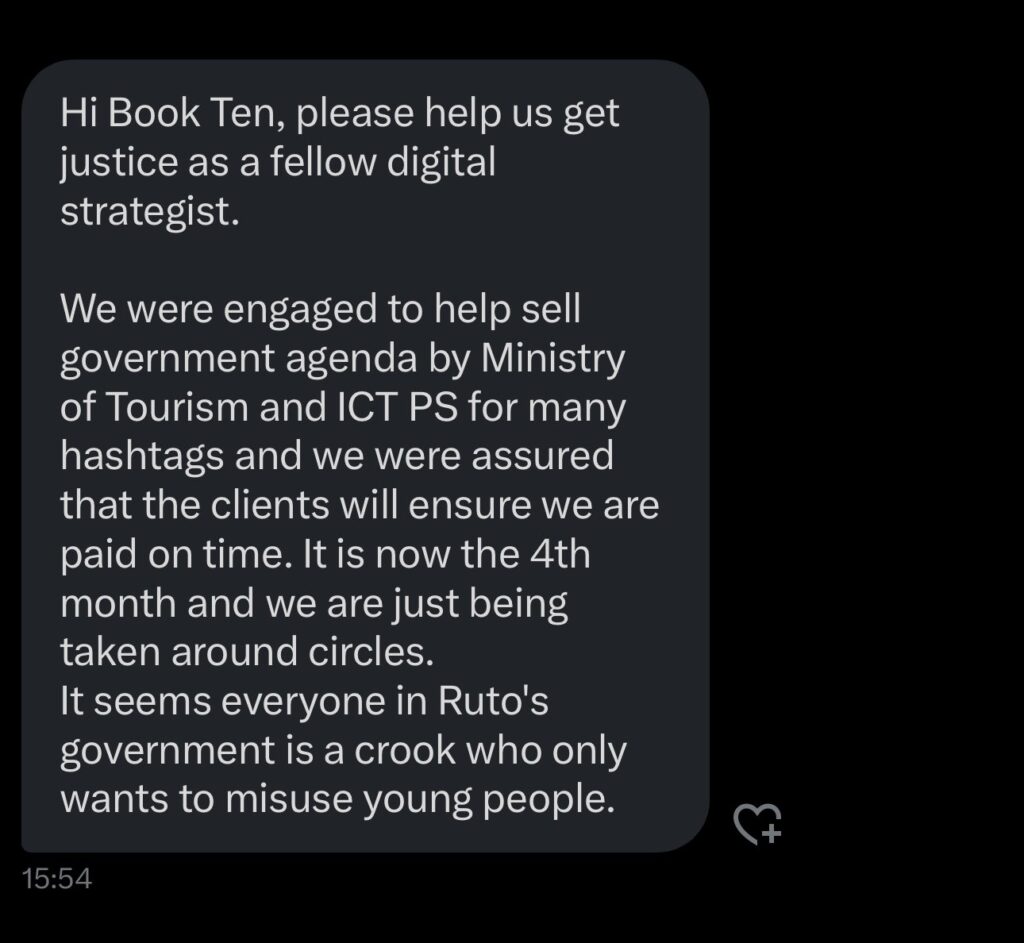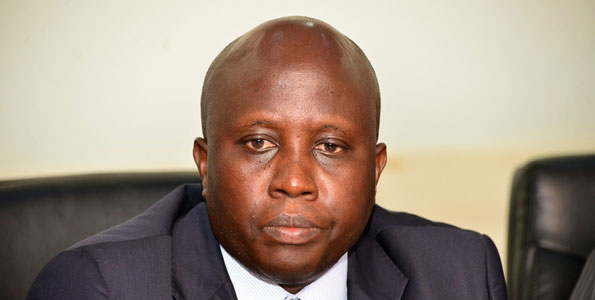Allegations of corruption are now clouding the Ministry of Information, Communications, and the Digital Economy under Principal Secretary John Tanui, following reports that influencers hired to promote government programs have not been paid.
Several content creators who were engaged to market Kenya’s tourism and ICT projects say they completed their assignments but never received their promised compensation.
Questions are now being raised about where the funds meant for these campaigns ended up, with suspicions of diversion and internal mismanagement within the ministry.
John Tanui has publicly presented himself as a champion of Kenya’s digital transformation and a strong supporter of the creative economy. In previous forums, he promised government assistance for creators, citing social media monetization as a key area for economic growth.
However, these pledges now seem disconnected from the frustration felt by influencers who claim they were exploited after working on state-backed campaigns.
Some insiders suggest that middlemen and bureaucratic cartels within the ministry may be responsible for the missing payments, a pattern that has been seen in other government projects as well.
This controversy adds to a growing list of concerns about corruption in Kenya’s creative and tourism sectors. Similar issues have been reported in tourism-linked events, including cases where public money meant for marketing and logistics was instead used for personal luxuries by officials.

Former secretariat members in some programs have even claimed they were owed millions in unpaid dues after funds disappeared without accountability.
These repeated scandals indicate that systemic corruption has penetrated not only high-profile ministries but also projects designed to empower young people and promote the country’s image.
The unpaid influencer saga mirrors earlier complaints under hashtags such as #PayInfluencers, where creators across Kenya spoke out about delayed or missing payments from both public and private campaigns.
In some cases, cheques were issued but never reached their intended recipients, suggesting a chain of interference between fund allocation and final disbursement.

The Ministry of ICT now faces increasing pressure to investigate these claims and prove that money earmarked for creators did not end up in private pockets.
Further scrutiny has been directed toward the management of digital platforms such as e-Citizen, where audits have revealed unexplained financial gaps amounting to billions of shillings. While these findings do not directly relate to influencer contracts, they raise deeper concerns about the ministry’s ability to safeguard public funds in digital programs.
Critics argue that if such large-scale discrepancies can occur in e-government systems, smaller initiatives like influencer partnerships could easily be abused without detection.
Kenya’s potential to become a regional leader in the digital economy depends heavily on transparency and trust. Yet scandals like this undermine public confidence and discourage creators from partnering with the government in future initiatives.





















Add Comment